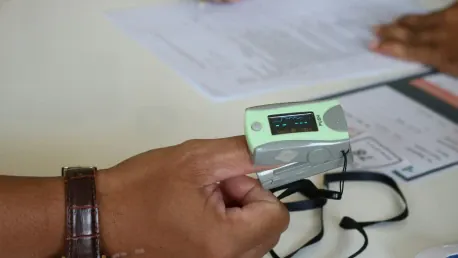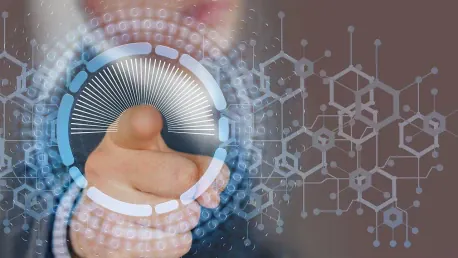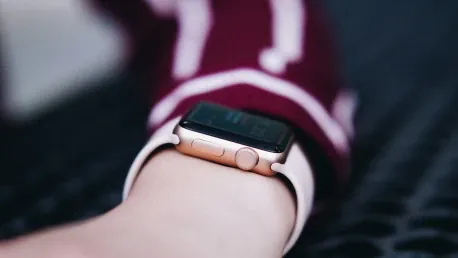
As the healthcare industry increasingly embraces digital transformation, the use of tracking tools to gather data for various purposes has become widespread. While these tools can improve patient care and operational efficiency, they also pose significant risks to patient privacy. This article

Smart medical devices are revolutionizing the healthcare industry by enabling remote patient monitoring and personalized care. As the demand for at-home care continues to grow, so does the need to address privacy and security concerns that accompany these technological advancements. Such devices,

Advancements in healthcare interoperability and data sharing technologies are reshaping the healthcare landscape in unprecedented ways. These innovative solutions and standards aim to improve the accessibility and quality of healthcare services, making data exchange more streamlined and secure.

Returning individual clinical trial data to patients has become a pressing ethical and practical issue. As trials grow more complex and participant investment increases, the drive to honor their contributions and expectations through returning data aligns with key ethical principles rooted in

In today’s rapidly evolving healthcare landscape, digital technologies are increasingly recognized as powerful enablers of personalized care and self-management. Understanding how these tools can effectively support patient pathways and experiences is crucial for health providers aiming to i

In an era marked by escalating cyber threats, the protection of sensitive healthcare data has never been more critical, especially given the rise in third-party breaches affecting healthcare organizations. Asaf Kochan emphasizes the importance of maintaining continuous visibility into the